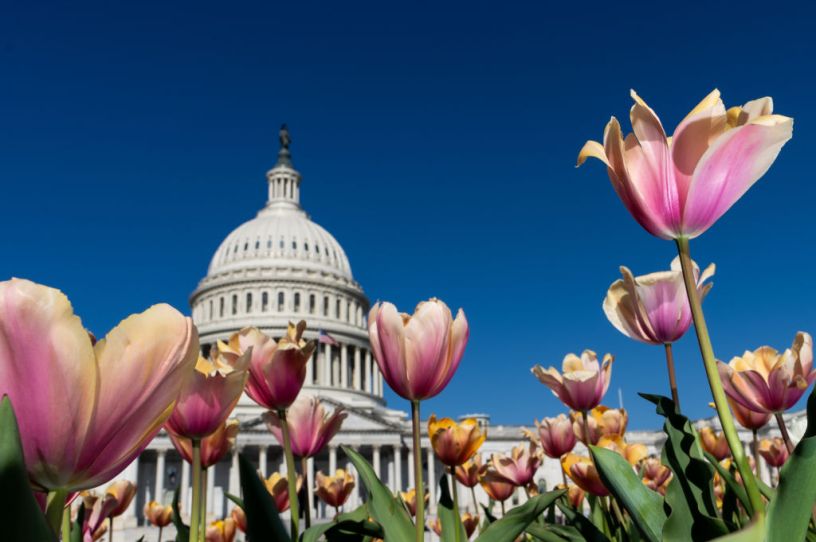Can Reimbursing Lawmakers’ Expenses Build a Better Congress?

House members will soon be able to seek reimbursement for meals, lodging, and other expenses while in Washington, D.C., for congressional business. Lawmakers are arguably underpaid, but the new rules could still prompt public resentment.
Until now, members have paid for lodging and meals during D.C. work weeks out of their own pockets. Their $174,000 salaries are staying the same—lawmakers haven’t agreed to give themselves a pay raise since 2009—but the new reimbursement rules will help members who are juggling accommodations in D.C. alongside their normal living expenses.
If the concept of reimbursing members of Congress for D.C. living expenses makes you recoil in horror, you’re not alone. Voters generally don’t want to give lawmakers more money. That’s why members are afraid to raise their own salaries to match inflation, and it’s why even boosting staff pay is considered a big lift.
Yet the stagnation is causing real problems. House salaries are uncompetitive when trying to recruit the best and brightest to run for Congress, and the costs associated with being a member can block people with fewer resources from remaining in office.